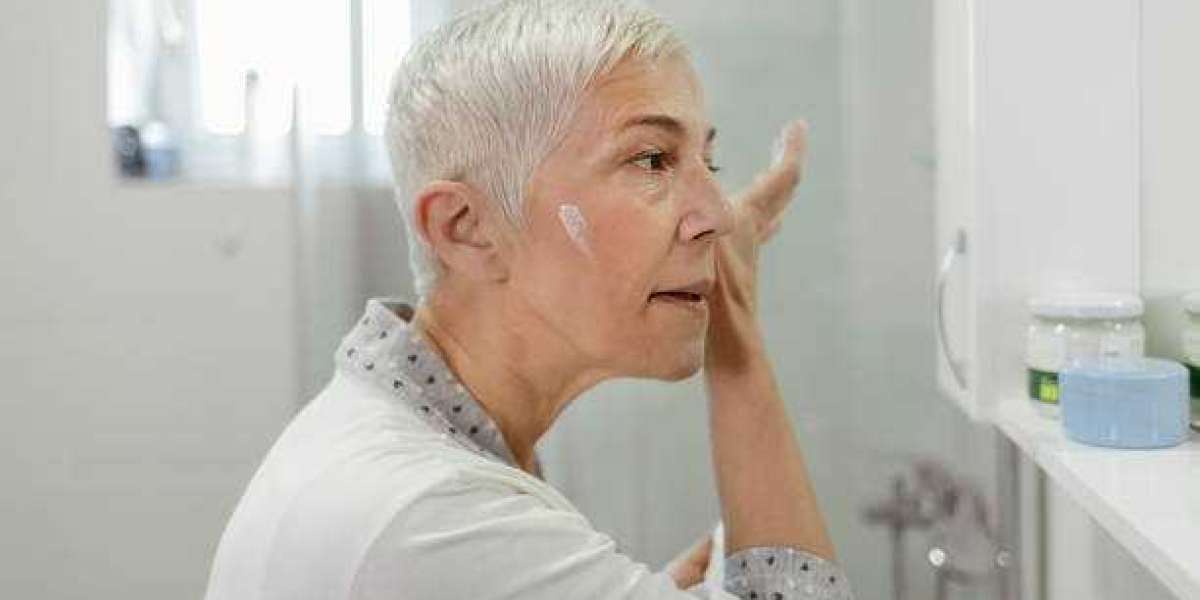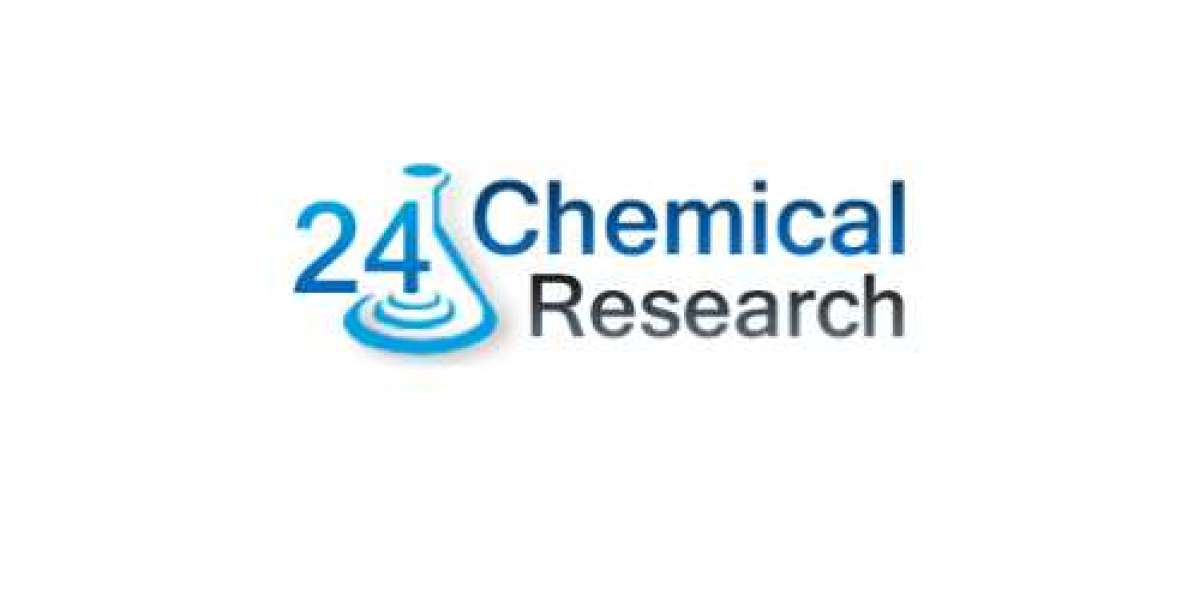The majority of people want their faces to seem as healthy and youthful as possible. However, according to a recent study, there are some activities we do to our skin that may actually make matters worse rather than better.
Put an end to your excessive cleaning. You should only wash your face once a day. If you removed your makeup, air pollutants, and grime from your face the night before, you won't have to wash your face in the morning. The dermatologist Shari Lipner, M.D. of the New York-Presbyterian Hospital/Weill Cornell Medical Center said that over-cleansing is extremely drying for aging skin in a recent telephone conversation. "I advise my patients to simply clean their faces in the morning, pat - not rub - them dry, and then moisturize with a lotion containing an SPF of 30 or higher to provide sun protection.
Exfoliation should be avoided. It is harmful to the skin as well as the environment. What is it about washing our faces with gritty exfoliating cleansers that makes us feel like we are cleaning tile that we find so compelling? Lipner believes that such harsh, abrasive treatments are unnecessary for aged skin, which is more likely to be dry and sensitive. "I normally do not advocate it," she says of the therapy. She advises patients to exercise caution while receiving exfoliating spa treatments, which she describes as "overkill."
Scientific American reports that all of the microscopic plastic particles found in exfoliating face and body cleansers are cluttering our seas and lakes, in addition to other problems. According to CNN.com, the situation has grown so serious that Unilever, the developer of Dove soaps and other personal-care products, said earlier this year that it will phase out the use of "plastic micro beads as a'scrub' substance."
Reduce your use of chemical peels. There are better options available. According to the American Society of Plastic Surgeons, more than a million people received a chemical peel in 2012. However, a growing number of studies indicate that the acid commonly used in these antiaging treatments may have troubling side effects, and may even be carcinogenic, according to the New York Times.
Trichloroacetic acid, often known as TCA, is a skin-lightening agent that physicians use to eliminate age spots, sun damage, and other discolorations while improving skin texture. TCA, on the other hand, has been linked to liver cancer in laboratory mice, according to an article in the Times. There has also been evidence of genetic and cellular harm in humans, according to a few studies.
The question of whether or not individuals should avoid this form of chemical peel is still up for debate, but Lipner advocates newer, more beneficial solutions for enhancing the look of aged skin that are more recent and more effective. It is her recommendation that older individuals, in especially, should pursue gentler peel procedures, such as a glycolic acid peel, or laser resurfacing instead.
According to her, "Lasers have progressed to the point that there are particular ones that we can use for certain conditions, such as sun spots or broken veins or smoothing wrinkles," she explains. She goes on to say that using a retinoid lotion at night is another effective method of reducing wrinkles.
"Protect it from the sun," she says, regardless of the product you use.



